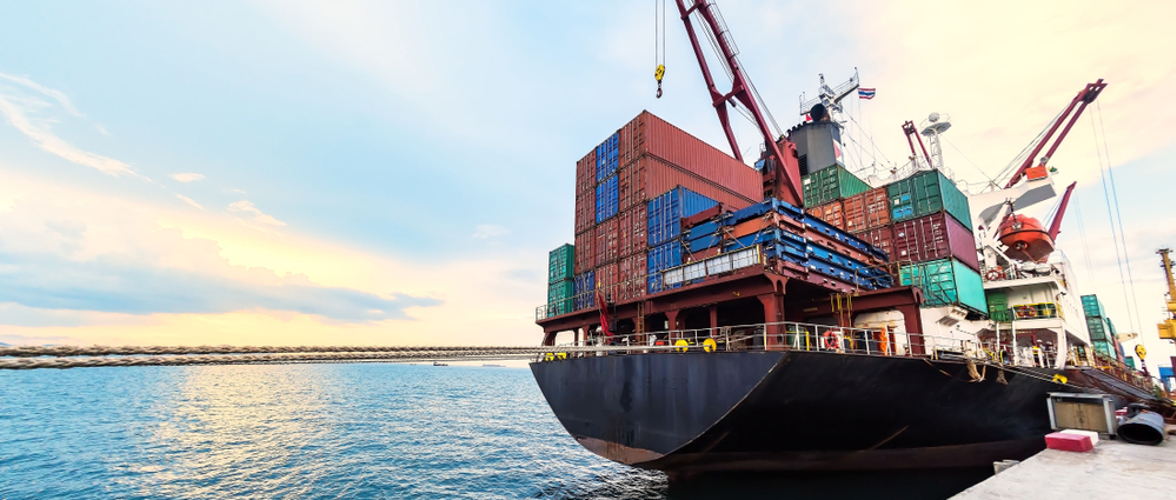Australia is taking greater steps to cut down its plastic waste, with both South Australia and Queensland phasing-out single-use plastic products in 2021. Regulation in this area presents a major threat to the Plastic Pipe and Plastic Packaging Material Manufacturing industry, which generates over 16% of its revenue from producing single-use tableware, kitchenware and household products.
Plastic consumption in Australia increased at an annualised 2.1% over the four years through 2018-19, to reach 3.4 million tonnes. Plastic use is expected to rise further over the two years through 2020-21, as businesses have increased their use of disposable products to avoid the spread of COVID-19.
‘The rate of plastic recycling typically fluctuates between 9% and 12%, meaning that over 3 million tonnes of post-consumption plastics pollute the environment in Australia each year,’ said IBISWorld Senior Industry Analyst, Matthew Barry

The ban on single-use plastics
South Australia is expected to phase-out single-use plastic straws, cutlery and stirrers by March 2021, and polystyrene cups, bowls, plates and containers are expected to be banned by early 2022. Queensland is also enforcing a ban on single-use plastic straws, plates and cutlery by September 2021.
‘Revenue from plastic packaging manufacturing is forecast to decline at an annualised 1.3% over the five years through 2025-26, to $3.0 billion. The anticipated ban on single-use plastic products in South Australia and Queensland is likely to shift domestic demand to substitute products, such as wooden cutlery and reusable metal straws,’ said Mr Barry.
Although South Australia is the only state to announce the phasing-out of polystyrene food containers and tableware products by 2022, Queensland is also contemplating banning these products.
‘Regulation of the use of polystyrene is a major threat for the Plastic Foam Product Manufacturing industry, which generates 20.6% of its revenue from producing polystyrene cups and containers,’ said Mr Barry.
Most states have already taken action to reduce plastic waste by banning lightweight single-use plastic shopping bags. As the SA and Queensland governments take the first step in phasing-out single-use plastics, other states are likely to follow suit over the next five years.
What does this mean for hospitality?
The ban on single-use plastic products and the likelihood of further bans on polystyrene products are expected to affect the purchase costs of operators across the Restaurants and Cafes and Coffee Shops industries.
Hospitality firms are expected to shift to more expensive biodegradable plastics and wooden cutlery to comply with the phasing-out of single-use plastics. This is anticipated to place upward pressure on purchase costs for cafes and restaurants over the next five years, with purchases costs accounting for 34.9% of the restaurants’ industry revenue in 2020-21.
‘Restaurant and cafe operators have already started shifting to eco-friendly alternatives, such as reusable plastic coffee cups or biodegradable plastic food containers, over the past five years. This trend is likely to accelerate over the next five years if state governments continue to phase-out plastic products,’ said Mr Barry.

The impact on international trade
In 2020-21, over 35.0% of Australia’s plastic packaging and piping is expected to be imported. Plastic tableware products are expected to account for over 21% of plastic packaging material imports. Consequently, the ban on single-use plastic tableware products in Queensland and South Australia is likely to significantly disrupt international trade by 2021-22.
‘Queensland and South Australia account for over 19% of tableware imports, emphasising how significant this ban on single-use plastic tableware products is for international manufacturers,’ said Mr Barry.

Opportunity for reusable product manufacturers
The consumption of single-use HDPE plastic bags has fallen dramatically, at an annualised 52%, over the two years through 2018-19, to 1.3 billion plastic bags. All states apart from New South Wales have banned the use of single-use plastic bags, with major players in the Supermarkets and Grocery Stores industry, Coles and Woolworths, phasing-out single-use plastic shopping bags nationwide in July 2018.
‘Over the past two years, businesses have been able to adapt and offer eco-friendly alternatives, such as reusable plastic bags. The likelihood of more bans being extended to other single-use plastic products represents an opportunity for plastic product manufacturers to offer more sustainable products that consumers are demanding and businesses are willing to implement,’ said Mr Barry.
IBISWorld reports used to develop this release:
- Plastic Pipe and Plastic Packaging Material Manufacturing in Australia
- Plastic Foam Product Manufacturing in Australia
- Supermarkets and Grocery Stores in Australia
- Restaurants in Australia
- Cafes and Coffee Shops in Australia
For more information, to obtain industry reports, or arrange an interview with an analyst, please contact:
Jason Aravanis
Strategic Media Advisor – IBISWorld Pty Ltd
Tel: 03 9906 3647
Email: jason.aravanis@ibisworld.com









